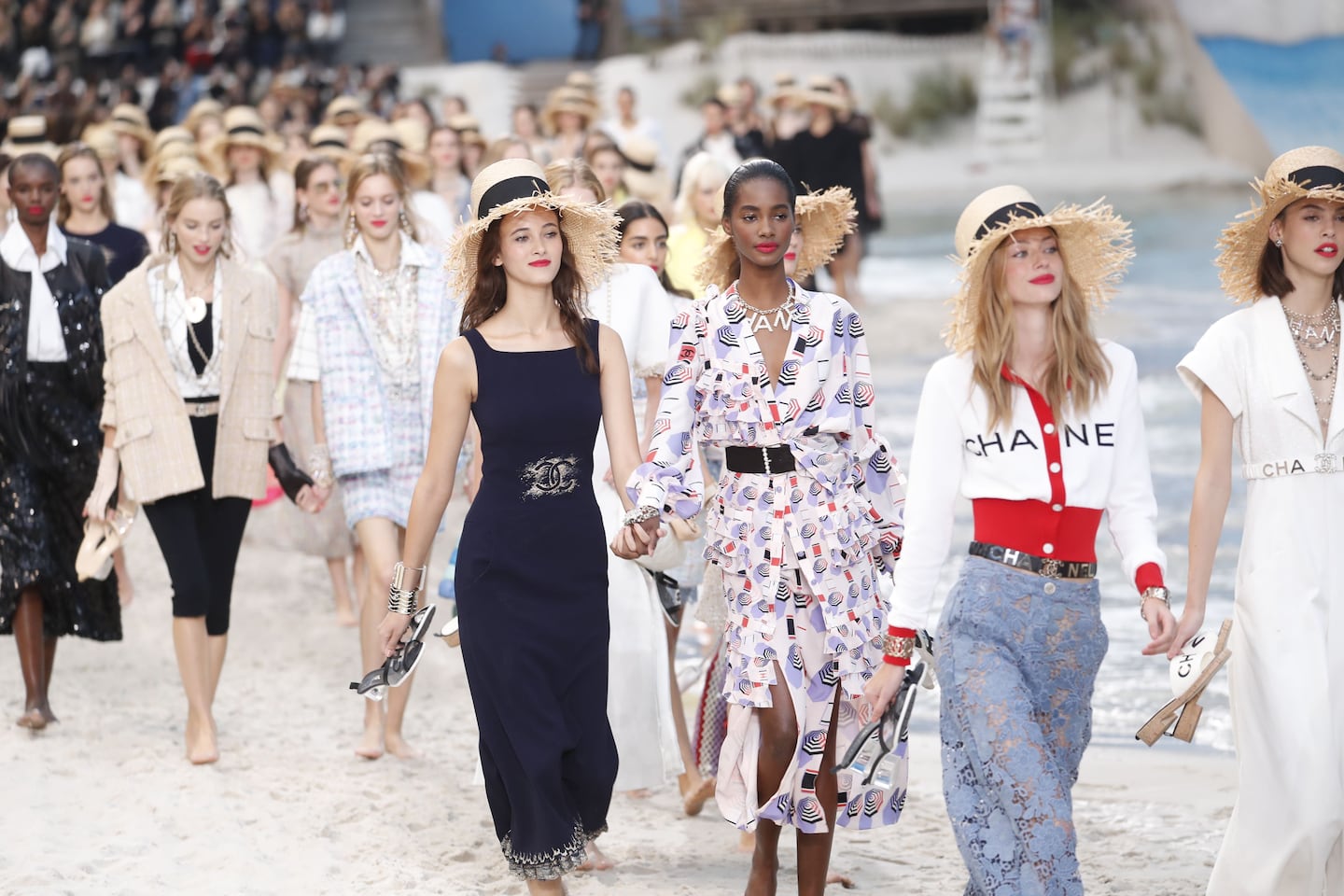
The Business of Fashion
Agenda-setting intelligence, analysis and advice for the global fashion community.

Agenda-setting intelligence, analysis and advice for the global fashion community.

The publication reached out to 64 fashion brands with more than $50 million in annual revenue or that had Instagram followings of more than one million, 15 major department stores and online sellers and fashion magazines to inquire about the representation of Black employees in executive-level positions and diversity and inclusion measures at the companies.
Only four of the 64 fashion brands attempted to answer each of the Times’ questions: Tory Burch, Coach, Kate Spade and Christian Siriano. Others, including Thom Browne, Burberry and Calvin Klein, answered at least half of the questions. Many European brands referred to legal hindrances to reporting diversity figures. The majority of the retailers either declined to respond or ignored the Times’ inquiry.
The Times’ report underscores much of fashion’s enduring unwillingness to be transparent about their diversity and inclusion efforts, despite making public commitments and launching marketing campaigns.
From analysis of the global fashion and beauty industries to career and personal advice, BoF’s founder and CEO, Imran Amed, will be answering your questions on Sunday, February 18, 2024 during London Fashion Week.
The State of Fashion 2024 breaks down the 10 themes that will define the industry in the year ahead.
Imran Amed reviews the most important fashion stories of the year and shares his predictions on what this means for the industry in 2024.
After three days of inspiring talks, guests closed out BoF’s gathering for big thinkers with a black tie gala followed by an intimate performance from Rita Ora — guest starring Billy Porter.